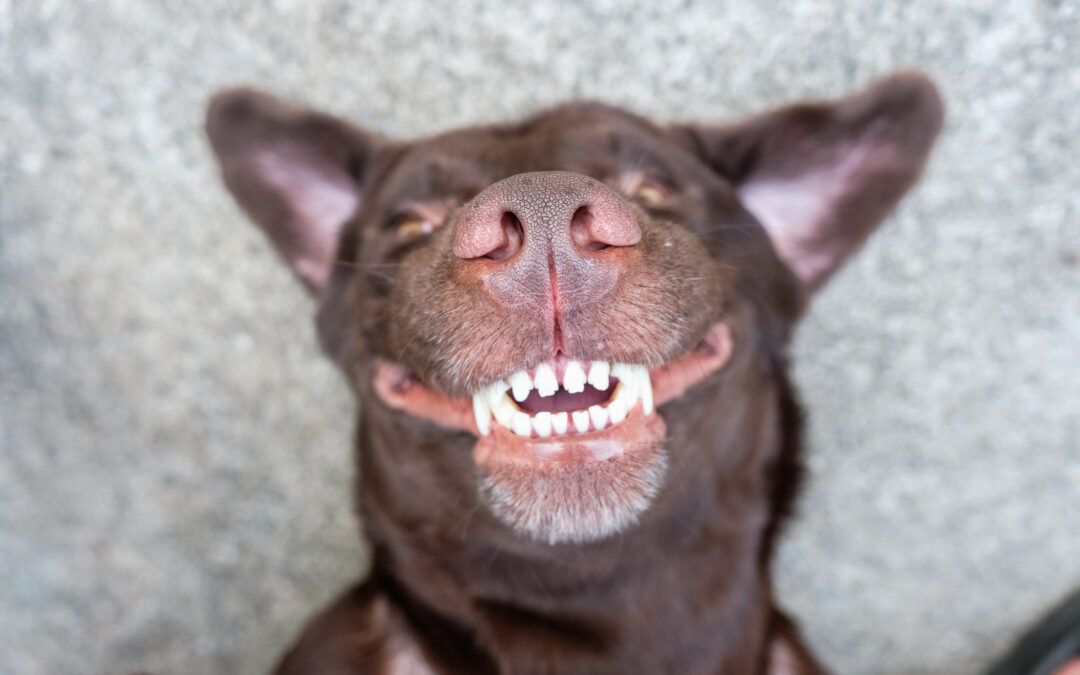Dental health is an important part of keeping your pet happy and healthy. Did you that by the age of 3 your pet will most likely have some degree of dental disease? Early detection will help prevent more severe problems and pain from developing. If allowed to progress, dental disease can also affect the heart, kidneys, and liver.
Does your pet need a dental procedure?
Pets should have their teeth evaluated by their veterinarian once a year (usually at their annual appointment). This helps find and address problems early on. You may need to have your pet’s teeth checked sooner if you notice any of the following: bad breath, broken tooth, loose tooth, discolored teeth, tartar covered teeth, trouble chewing, swelling in and around the mouth, mouth pain, mouth bleeding, or reduced appetite. These are indications that there may already be a problem.
What happens during your pet’s dental procedure?
In order to do a thorough evaluation of your pet’s teeth, dental procedures require anesthesia. Your pet will not understand the dental procedure and can react by moving, trying to escape, or biting. Anesthesia makes the procedure less stressful and safer. A typical dental procedure involves scaling (removes plaque and tartar) and polishing. This is comparable to a dental cleaning for us humans. Then, radiographs (xrays) are taken to evaluate the root and jaw under the gumline. These are assessed by the veterinarian to determine if any teeth will need to be removed.
What can you do to prevent dental disease?
In addition to regular checkups and cleanings, brushing your pet’s teeth every day or a few days a week is a great help prevent dental disease. There are pet specific toothpastes like Virbac C.E.T. Enzymatic that come in flavors such as poultry and beef. Using an oral care dry food for your pet is another way to help keep their teeth clean. Oral care foods tend to have larger pieces that are designed to be abrasive and scrape plaque off the teeth as your pet chews. We like Hill’s Healthy Advantage Oral+. Another option is using a food additive like Vetriscience Perio Support. This is a powder that is added to your pet’s food that helps prevent plaque formation. Chews are also a great way to help keep your pet’s teeth in good shape. Chews like Vibrac C.E.T. HEXtra have an antibacterial agent that helps prevent plaque and bacteria growth. And lastly, there are water additives such as Virbac C.E.T. Aquadent Dental Solution that can help freshen your pet’s breath and help control the formation of plaque and growth of bacteria.

